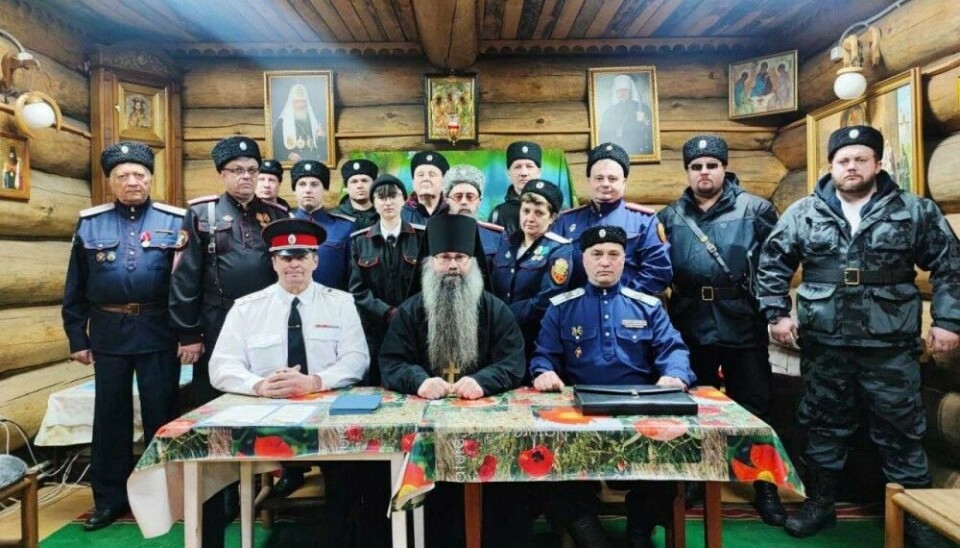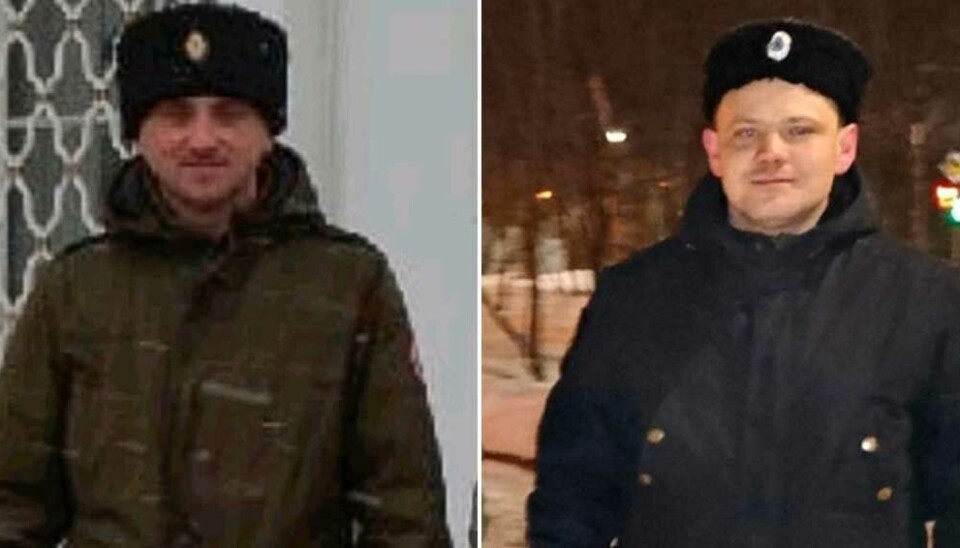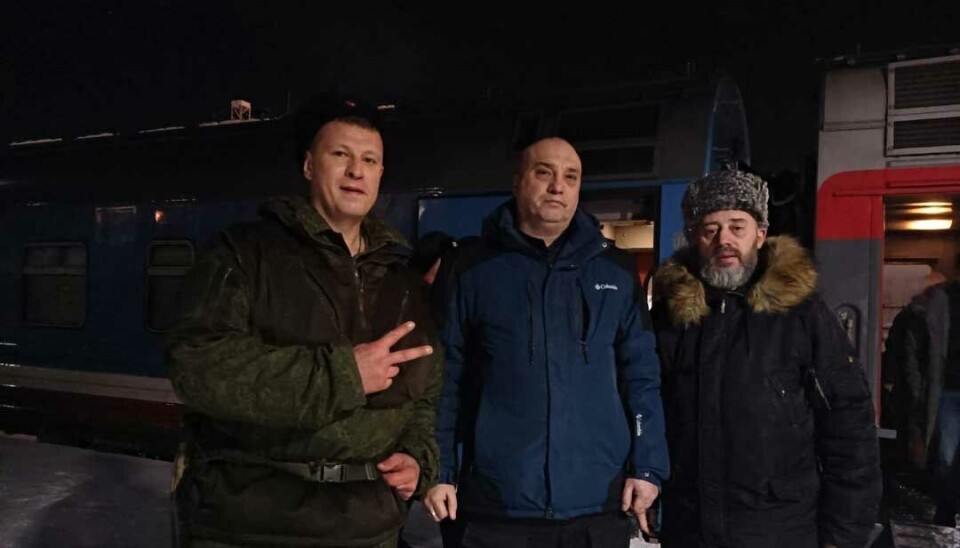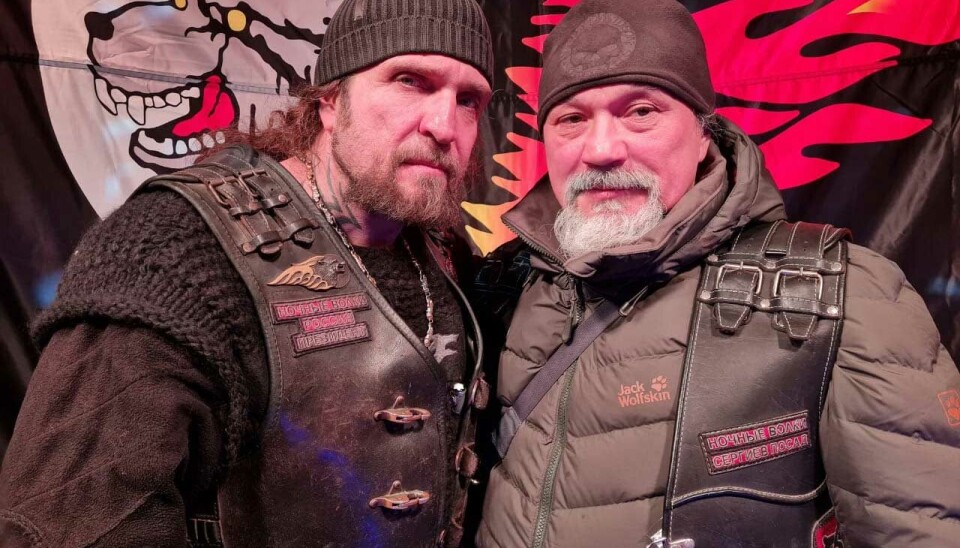
Arctic Cossacks fight and vanish in Ukraine
The Cossack community in Murmansk, which is closely connected with Russian Armed Forces and the Orthodox Church, is mourning the death of two of its comrades on the battlefield.
“In the course of the special military operation, Cossack Andrei Zemlyansky from the Murmansk City Cossack Community died,” the social media page of the group informs.
“Eternal life for you, warrior! To be a warrior means to live eternally!” the message reads.

The two men are believed to have been killed in early summer. The place of service and circumstances of their death are not clear.
Both Andrei Zemlyansky and Roman Popov used to guard a local downtown cathedral during church holidays and were familiar faces for churchgoers and the clergy.
Like the other Cossack guards, they worked closely with the local police and officers from the FSB and wore the characteristic Cossack fur hats.
“Our local congregation is praying for the recently deceased warriors,” chief prelate Andrei Amelia says in a comment on social media.
Zemlyansky and Popov are two of several men from the Cossack community in Murmansk that signed up for Russia’s war of aggression in Ukraine. Among the others is Sergei Kolokolnikov, a militant and leading member of the the local Cossacks.
Kolokolnikov can be seen on a number of photos together with Andrei Savateev, the leader of the local Murmansk Cossacks.

The small Cossack community in Murmansk is closely connected with local law enforcement authorities, including the FSB, Rosgvardia (National Guard) and the Northern Fleet.
According to the community, the Cossack organisation in Murmansk was established in 1989. In 2014, it was reportedly given certain law enforcement authorities in the region.
The Cossacks are cooperating closely also with the Russian Orthodox Church, and a special Cossack department is subordinated the Bishop in Severomorsk, the Northern Fleet headquarters city.
Several of the leading prelates in the Kola Peninsula are connected with the Cossacks. Among them is Leonid Suloyev, the leader of the congregation in Oleniya, the base for the notorious Main Directorate of Deep-Sea Research (GUGI).

Suloyev has previously served in Russian special forces. He is a passionate motorcycle rider and a member of the Night Wolf biker group. He has been on a number of bike tours with the Night Wolves, including to Norway.
Suloyev has himself been on occupied Ukrainian land. He is one of at least six local prelates been sent to the war to serve Russian warriors.
The priest is also the leader of the Cossack community in Severomorsk.
Historically, the Cossacks in Russia served primarily as border guards and protectors of towns and settlements on the steppe in southern parts of the country. According to the Russian census of 2002, more than 140 thousand people identified themselves as ethnic Cossacks and descendants of the Cossack groups.















